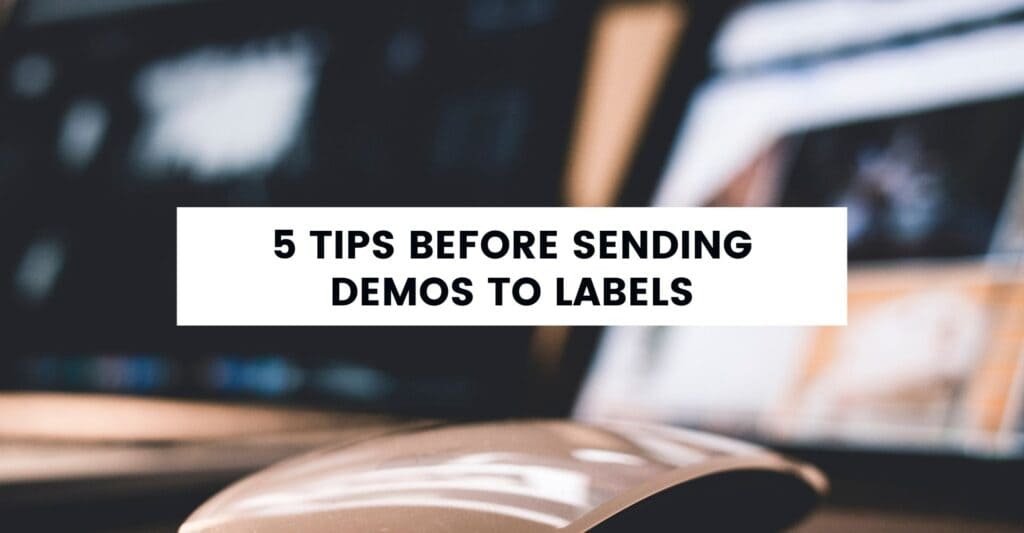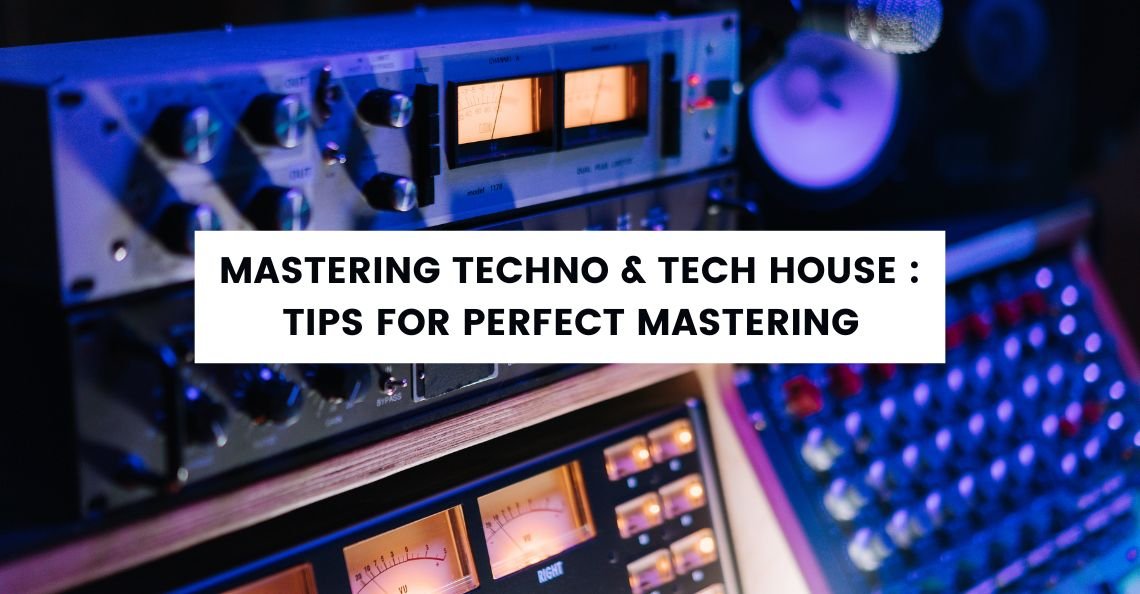
Everyone starts their music journey by writing, composing, and playing from home. For some, it begins in childhood, while others discover their talent later and decide to share their tracks on platforms like SoundCloud. But at some point, every musician who wants to transition from amateur to professional will find themselves sending demos to labels.
This process comes with plenty of trial and error. That’s why it’s important to follow a few key strategies before sending out your music. By learning from other musicians’ experiences, you can significantly increase your chances of getting your demo noticed.
What Can I Do to Get My Demos Heard ? 📩
Do Your Research : Know Which Labels Want Your Sound 🔍
When sending your demos to labels, it’s essential to do your homework. You wouldn’t send a bluegrass album to a heavy metal label, right? 😅 Be smart about who you’re submitting to.
Start by compiling a list of labels that align with your genre, aesthetic, and philosophy. Get to know their roster and understand the kind of music they typically represent. Tailor your submissions to labels that feel like a natural fit for your sound and style.
Introduce Yourself : Tell Your Story ✨
A common mistake is sending a mass email with just a link to your demo. This often gets ignored.
Instead, take a moment to briefly introduce yourself and your music. It doesn’t need to be a long biography, but a genuine, honest message about who you are as an artist and what your music represents goes a long way. Labels appreciate seeing a personal touch and a sense of authenticity. This gives them a better understanding of your artistic vision.
Be Yourself : Focus on What Makes You Unique 🎸
Many musicians fall into the trap of describing their sound by comparing themselves to popular artists. While this can be useful in some cases, it’s more important to focus on you.
Instead of saying, “I sound like X,” talk about your unique approach, what drives you creatively, and the message you want to convey through your music. Labels want to hear something original, not just a carbon copy of what’s already out there.
Be Transparent : Give Clear Info About Your Demo 📀
When you submit a demo, clarity is key. Labels value good communication more than a perfectly polished mix. Send a private streaming link (like SoundCloud or Dropbox) or an MP3 file, and make sure it’s clearly labeled with important details: Is it a demo? Has it been mixed or mastered?
This transparency gives the label an accurate understanding of where the track stands, and they can decide if it’s something they want to pursue further.
Don’t Give Up : Stay Persistent 💪
Rejection is part of the process, but don’t let it discourage you. Remember, labels often have small teams, and it’s not always about the quality of your music—it’s about whether it fits their current needs or roster. Keep pushing forward!
Keep submitting your music, keep improving, and most importantly, stay true to your art. One “yes” is all you need to launch your career, and persistence is the key to getting there.
Conclusion 🎶
Whether you’re sending your music to a major label or a boutique indie label, following these tips can help you get your music heard. Stay authentic, communicate clearly, and be persistent. Above all, keep nurturing your creativity and passion—it’s what will ultimately set you apart.



